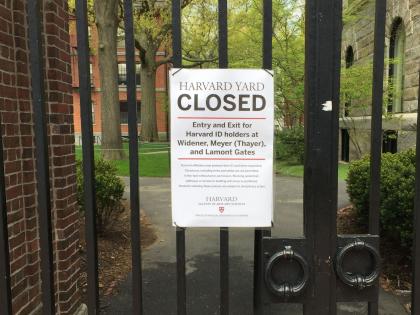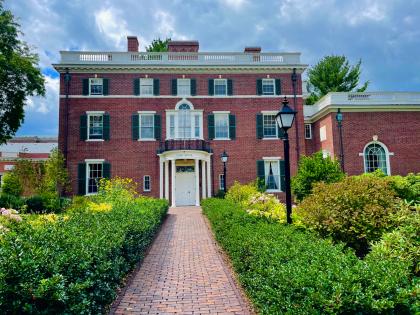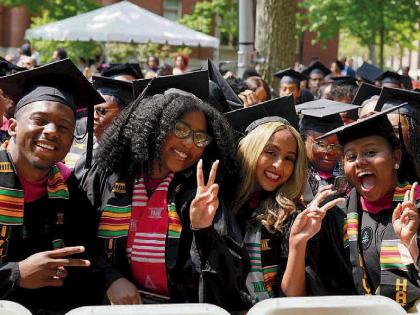[T]he fourth and last thing that I learned at Harvard Business School, and the thing that may be most important to the people here today, is to take personal risks.… Most of you are like meyou leave here broke, completely broke. I was $60,000 in debt when I left here, got in a 1978 orange Vega, and drove to my first job at GE. But I was rich from the standpoint of having a great platform on which to take personal and career risks, really to live my dreams.
…[S]ometimes when I come here, I really worry about you taking a predictable path. In 1982, the number one employerhired 18 people from my graduating class at Harvard Business Schoolwas Atari: video games. In 1998, it was dot-coms. What is it today? I would just look at the list of where the most people are going to work and short the stock immediately. You have to find your own path. If you can’t face the world with a Harvard M.B.A. and live your dreams and go for it, there’s something wrong.…[Y]ou have to be willing to learn every day and not take the beaten path, but use this platform to take risks.
~HBS Class Day speaker Jeffrey R. Immelt, M.B.A. ’82, who became chairman and CEO of General Electric Company on September 7, 2001
 |
| Dorinda J. Carter |
| Photograph by Jim Harrison |
My maternal great-grandmother Dorenda said that she was born in the year peace was declared. She meant the year that slavery was abolished in the United States. Born free in 1863 to a slave mother named Dorenda, she farmed land and raised 15 children in Arkansas at a time when the ability to read and write offered liberation and personal agency for millions of freed slaves. I believe that both Dorendasone born into slavery and one born freeunderstood the importance of education as the practice of freedom. They both imagined a future in which their children and their children's children could excel in a country where the benefits of formal learning would be available to all. These two Dorendas who came before me dreamt big dreamspraying for literacy as the gateway to opportunitywhile working in a cotton or corn field or rocking a baby to sleep in a small, run-down plantation shack.
~From “One Journey’s End Is Another’s Beginning,” the Graduate English Address at the morning exercises, by Dorinda J. Carter, Ed.D. ’05
Human beings became a resource. And we overworked them.… Those who couldn’t handle it, we got rid of them. We fired them.… And so we destroyed human beings. And only now are we starting to see a return to the human being.… We are finally going back to a balance between resource management and leadership.
~Kennedy School of Government Class Day speaker Roméo Dallaire, a retired Canadian army lieutenant general who led the UN peacekeeping mission to Rwanda in 1993
|







